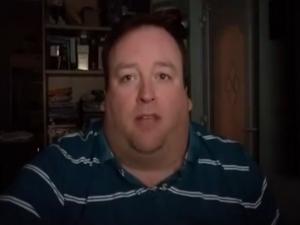
by Michael McHugh, PA
A man badly injured during the Northern Ireland conflict has said nurses confronting the pandemic should retain hope for the future.
Paul Gallagher was left in a wheelchair 25 years ago when loyalist gunmen in Belfast shot him after they were unable to find his neighbour.
His journey to recovery was helped along by all the nurses' kindness.
"This thing coming into their lives is their Troubles.
"The amount of people that they are going to deal with in the coming short time, in comparison to the 3,500 killed in the Troubles, the stuff they have to deal with on a day-to-day basis."
The Troubles deaths happened over 30 years.
A projected worst-case scenario for the first 20 weeks of the coronavirus would see 1,500 die in Northern Ireland.
The health service has recruited final-year student nurses early as it grapples with the crisis.
Mr Gallagher delivers seminars to the students about dealing with trauma.
He said taking the virus challenge on required enormous resilience.
He added: "It is exponential in terms of what they would have been dealing with.
"This is something different. There is no real control or sense in it.
"You are taking over the role of families and being the last person someone speaks to.
"There will be a big effect on nurses coming out of this at the end."
Mr Gallagher is part of the Wave Trauma Centre support group, Northern Ireland's largest victims group.
He said victims' services had been proactive in getting out funding to help support people's domestic living costs ahead of the virus hitting.
Face-to-face counselling for some has shifted online.
Mr Gallagher normally uses massage therapy to control pain, but that has ceased due to social distancing regulations.
Services like physio have also been curtailed.
He said: "It is all down to the individual really how they cope and what their resilience is like.
"A lot of people with disabilities have had to deal with being house-bound for a lot of years anyway.
"The shock factor maybe was not as bad as for other people who are used to being out and about all the time."
He said it was a traumatic point in many lives.
He added: "You have no control over that. It breaks your sense of the world being a safe and benevolent place.
"But you also have that sense about people coming together and looking after each other."
He said it depended whether some one could "take it on the chin" or try and "fight back" against the infection's impact.
"There is nothing really to fight back against," he added.
He said there can be hope and growth and leaning and meaning after a traumatic event like this.
He said: "It is good to try and keep a perspective on all the good stuff happening across society and people stepping up and helping out.
"That is worth promoting as well. It gives a bit of hope to people that maybe there is a way out."


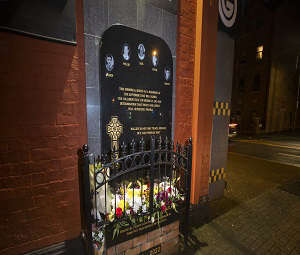 Officer to be prosecuted for offence linked to Troubles memorial during pandemic
Officer to be prosecuted for offence linked to Troubles memorial during pandemic
 Pair appear before court charged with nurse’s murder
Pair appear before court charged with nurse’s murder
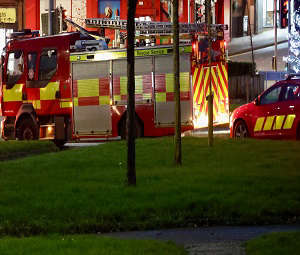 Woman dies in West Belfast house fire
Woman dies in West Belfast house fire
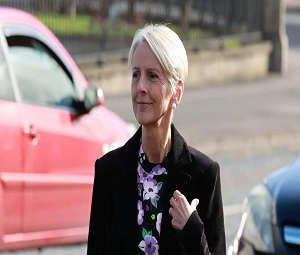 Eleanor Donaldson’s bid to have two charges withdrawn ‘should not delay trial’
Eleanor Donaldson’s bid to have two charges withdrawn ‘should not delay trial’
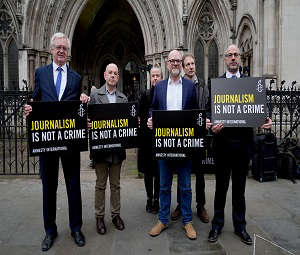 Police surveillance operation to unmask journalistic source ruled unlawful
Police surveillance operation to unmask journalistic source ruled unlawful